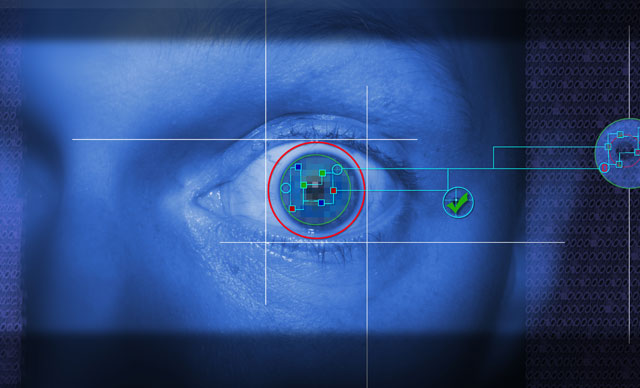05 December 2012
MPs briefed on questions of identity
Colchester Campus

The £1.36m project is looking at what forms of identity management technology are most publicly acceptable
MPs have heard the initial findings of a £1.36m project investigating the controversy around identity cards, personal privacy and data protection, and what the future holds for identity management.
The IMPRINTS project, which has been funded by the Engineering and Physical Sciences Research Council (EPSRC), focuses on why people accept some new technologies but not others. Its findings will have significant implications for organisations such as the Home Office, the Passport Service and the intelligence services based at GCHQ, as well as organisations in the US.
Initial conclusions, presented to MPs on 5 December, have found that biometric and RFID technologies of identity management will remain controversial and suggest that while the smart phone is often ignored in future scenarios, it is the most likely carrier of publicly acceptable and desirable innovations.
Dr Aletta Norval, of the Department of Government, has been working with researchers at the Universities of Loughborough, Dundee and Northumbria on the three-year study. She said: “There are areas of the debate where the public will not go, and things they are happy to do. Our project is to think about public acceptance of these technologies.
“The project starts from a peculiar paradox. We may eagerly share information on social networking sites, yet be deeply anxious about, for instance, biometric identification or a national identity card.”
The research team presented initial results which cover visions of the future of identity management as found in policy documents, science fiction, popular culture, art and design and journalism.
The team also showcased examples of convenient or ‘fun’ technologies – such as smart jewellery that can store personal information – that they have developed.
Further information about the IMPRINTS project is available at: www.imprintsfutures.org.
...more news releases